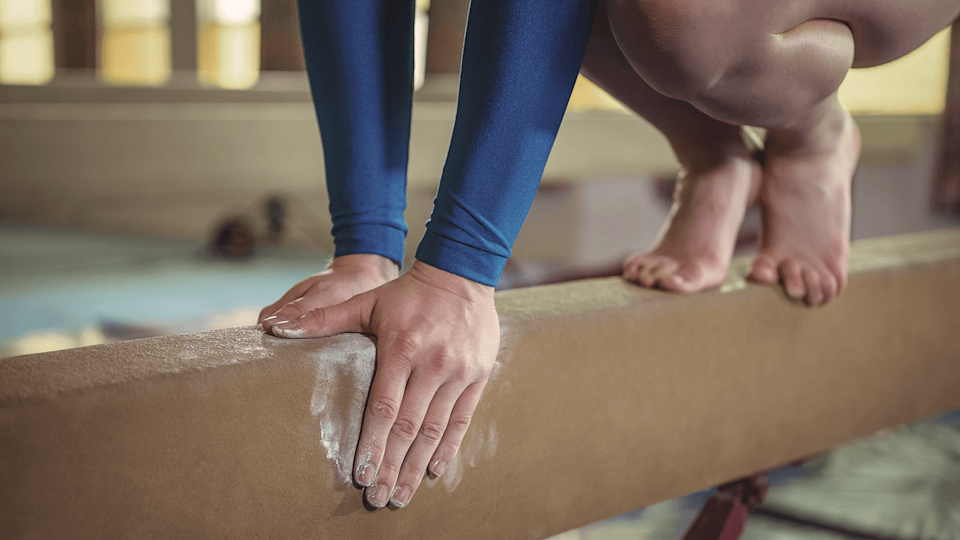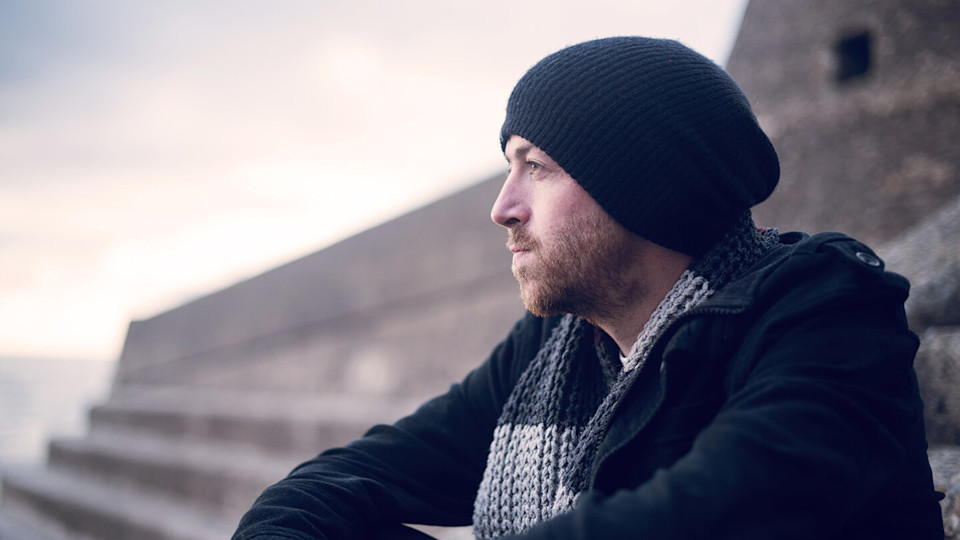
Abuse
Important findings of the Whyte Review published on abuse in gymnastics
Our expert abuse solicitor discusses the findings of the newly published Whyte Report.
On 16th June 2022, Anne Whyte QC published her Final Report following her independent review in response to a number of allegations of abuse and mistreatment in gymnastics. Below, our abuse expert Chelsea Pye discusses the findings of the review.
The Final Report stands at 306 pages long and makes for a very troubling read. I hope those affected by the contents are okay and seeking support, if required.
Who are British Gymnastics?
British Gymnastics is a membership organisation, and members join by paying a fee in exchange for several benefits, including access to the clubs and insurance (including legal liability insurance) amongst other things.
More noteworthy than it’s benefits, is the data surrounding British Gymnastics’ members revealed in the Whyte Report. As an organisation, in 2020, there were 364,178 individual members. Of this total, 81% were female, and 78% were children under the age of 12.
Another thing from the report that struck a chord with me was how Anne Whyte QC explored coach education within British Gymnastics. Those teaching and working closely with the 78% of members who’re under the age of 12 had virtually no Continuing Professional Development “CPD”. Anne Whyte QC perfectly encapsulated the obscurity of this, commenting that “It is difficult to think of any child educational environment where this would be considered acceptable.”
It was further identified that the number of coaches had decreased in recent years; from 2014 to 2020 there was a reduction of 26% in the number of coaches. Coincidentally, this is concurrent with British Gymnastics turning around their previously unhealthy financial situation.
Findings of the Final Whyte Report:
There were over 400 submissions in response to the Call for Evidence in August 2020 as part of the report. Among these, a common theme was that British Gymnastics hadn’t only failed to prevent or limit abusive behaviours but had condoned some of them in the pursuit of national and international success.
This meant that gymnast welfare and wellbeing wasn’t at the centre of British Gymnastics’ culture at the time. Instead, resources were invested in increasing participation and membership to create further success.
Over 40% of submissions revealed complaints of physical abuse. This included physical chastisement, inappropriate training on injury, the enforcement of excessive training hours, and training loads leading to physical pain and exhaustion beyond acceptable limits. This overstretching of physical exertion reached the point of withholding food, water, and access to the toilet for gymnasts during training sessions. These were truly harrowing descriptions of abuse and mistreatment, that will surely shock many people.
Over half of evidence submissions reported emotional abuse including emotional forms of punishment when a child was frightened of a skill, injured or deemed to be under-performing. These included children being isolated, ejected from training or ignored. Gymnasts were humiliated in front of others and were restricted in expressing their feelings or emotions.
30% of submissions worryingly reported excessive weight management and Anne Whyte QC comments that there was a ‘tyranny of the scales’. She concludes how this was coach-led and unnecessary for the young gymnasts. Disturbing accounts were described in evidence of gymnasts purging, dehydrating themselves, and using strategies to hide food from searches carried out by coaches of luggage and rooms.
Unsurprisingly, this led to some gymnasts suffering from eating disorders and associated mental health issues. Complex health conditions like these are likely to cause potentially long-term harm to young people going forward.
Perhaps most shocking in the evidence were the 30 complaints of sexual abuse allegations which involved grooming, sexual assault and sexualised communications. Although it should be noted that the conclusion of the Final Report was that the allegations of sexual abuse, unlike the other allegations, weren’t systemic.
Conclusions in the Final Report
The culture within gymnastics didn’t place the wellbeing or welfare of the gymnasts as a main focus. Instead, there was a coach-led culture, which was based on fear within an ‘insular organisation’.
Within British Gymnastics, coaches were put on a pedestal and feared due to their use of manipulation and grooming. Several parents reported being persuaded by coaches that their abusive behaviour was necessary to promote success. It’s difficult to see, therefore, how a child was expected to understand that they did not and should not have had to tolerate this behaviour or environment.
The fear was instilled into gymnasts at an early age, which as can be expected, impacted on gymnast’s social, personal and educational development. Anne Whyte QC highlighted that the physical risks and the strain on immature bodies was all part of the narrative.
Recommendations to British Gymnastics in the Whyte Report focus on four key areas:
- Safeguarding and welfare
- Complaints handling
- Standards and educations
- Governance and oversight
Club owners are recommended to introduce mandatory safeguarding training. It’s also recommended that high-performance gymnasts should have access to an independent disclosure service and a dedicated welfare officer outside their club.
British Gymnastics must also ensure a fit-for-purpose case management system’s in place that covers number and nature of complaints, and must ensure all welfare-related complaints about employed coaches are independently investigated.
A director of education has been recommended within the organisation, as well as ensuring there’s an increase in direct contact with registered clubs. British Gymnastics must also appoint independent board members with relevant expertise.
Overall, the Whyte Report shows that British Gymnastics have failed their gymnasts. They’ve failed to follow through and enforce their own rules, and Anne Whyte QC advises there was a defensive and myopic approach towards criticism within the organisation.
The ramifications of the physical and emotional abuse which was systemic in gymnastics will be felt by victims for years to come. Only when these organisations step up and focus on ensuring the protection of children through tough and rigorous policies and training procedures will children in sport be better protected and safeguarded.
How we can help
My only hope is that the recommendations and the full force of the Final Report is felt by British Gymnastics and that action is taken swiftly. Unfortunately, all too often organisations offer a convincing public response following a public review such as this, but the subsequent actions taken are not rigorous or consistent.
I have experience in representing victims of abuse in gymnastics, and I know that sexual, physical, and emotional abuse of any kind is traumatic and life changing. If you’ve experienced abuse of any kind, our team of specialist abuse claims solicitors are here to help you get the justice and compensation you deserve.
Simply call us today on 0330 041 5869 for a confidential discussion of your potential case, or contact us online here.


We understand how much of an impact abuse has on the lives of survivors. That's why we're proud to work with NAPAC (National Association for People Abused in Childhood), a UK charity which offers support to adult survivors of child abuse. Read more about our partnership with NAPAC.

